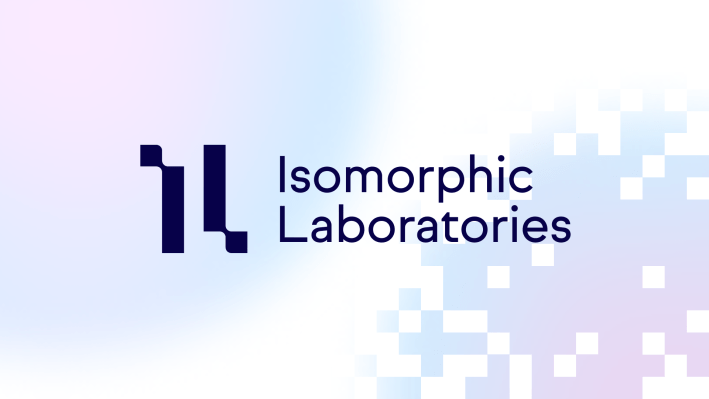
Isomorphic Labs, the London-based, drug discovery-focused spin-out of Google AI R&D division DeepMind, today announced that it’s entered into strategic partnerships with two pharmaceutical giants, Eli Lilly and Novartis, to apply AI to discover new medications to treat diseases.
The deals have a combined value of around $3 billion. Isomorphic will receive $45 million upfront from Eli Lilly and potentially up to $1.7 billion based on performance milestones, excluding royalties. Novartis, meanwhile, will pay $37.5 million upfront in addition to funding “select” research costs and as much as $1.2 billion (once again excluding royalties) in performance incentives over time.
“We’re thrilled to embark on this partnership and apply our proprietary technology platform,” DeepMind co-founder and Isomorphic CEO Demis Hassabis was quote as saying in a press release. “The focus we share on advancing groundbreaking drug design approaches and appreciation of state-of-the-art science makes [these] partnership[s] particularly compelling.”
Fiona Marshall, president of biomedical research at Novartis, added in a statement: “Cutting-edge AI technologies … hold the potential to transform how we discover new drugs and accelerate our ability to deliver life-changing medicines for patients. This collaboration harnesses our companies’ unique strengths, from AI and data science to medicinal chemistry and deep disease area expertise, to realize new possibilities in AI-driven drug discovery.”
Isomorphic Labs, which Hassabis founded in 2021 under DeepMind parent company Alphabet, draws on DeepMind’s AlphaFold 2 AI technology that can be used to predict protein structures in the human body. By uncovering protein structures, researchers can find new target pathways to deliver drugs for fighting disease.
The latest version of AlphaFold can generate predictions for nearly all molecules in the Protein Data Bank, the world’s largest open access database of biological molecules, DeepMind announced in late October. The model can also accurately predict the structures of ligands — molecules that bind to “receptor” proteins and cause changes in how cells communicate — as well as nucleic acids (molecules that contain key genetic information) and post-translational modifications (chemical changes that occur after a protein’s created).
Already, Isomorphic is applying the new AlphaFold model, which it co-designed with DeepMind, to therapeutic drug design, helping to characterize different types of molecular structures important for treating disease.
